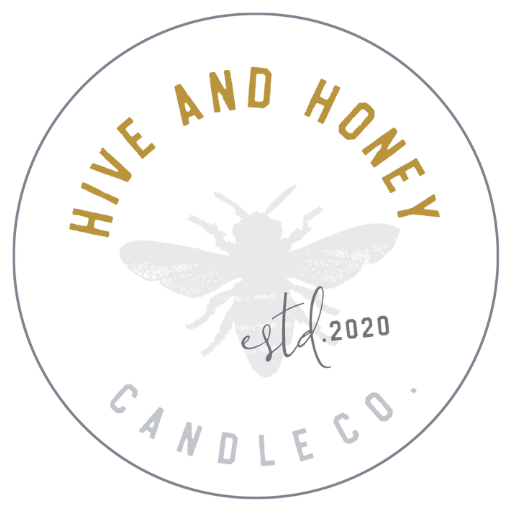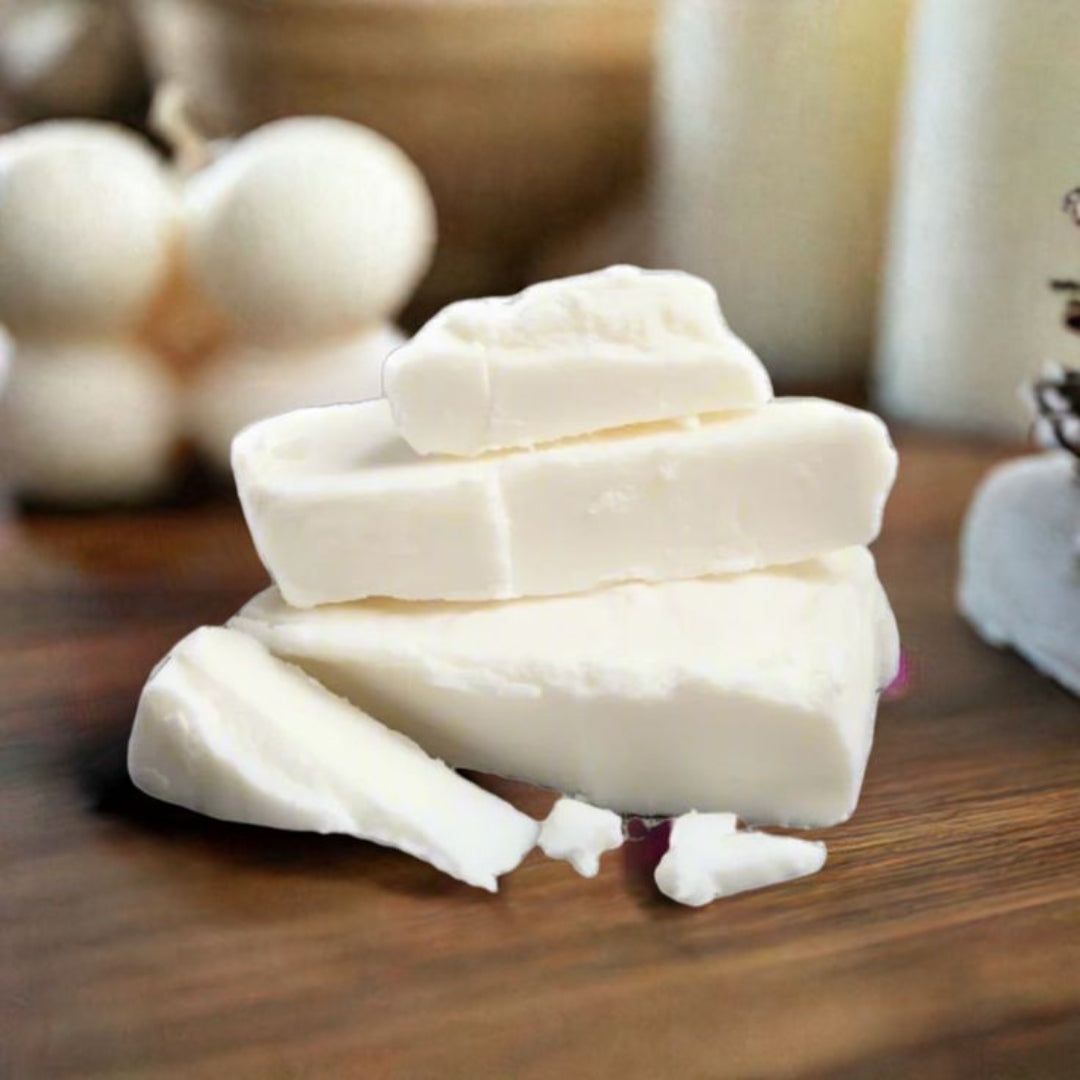
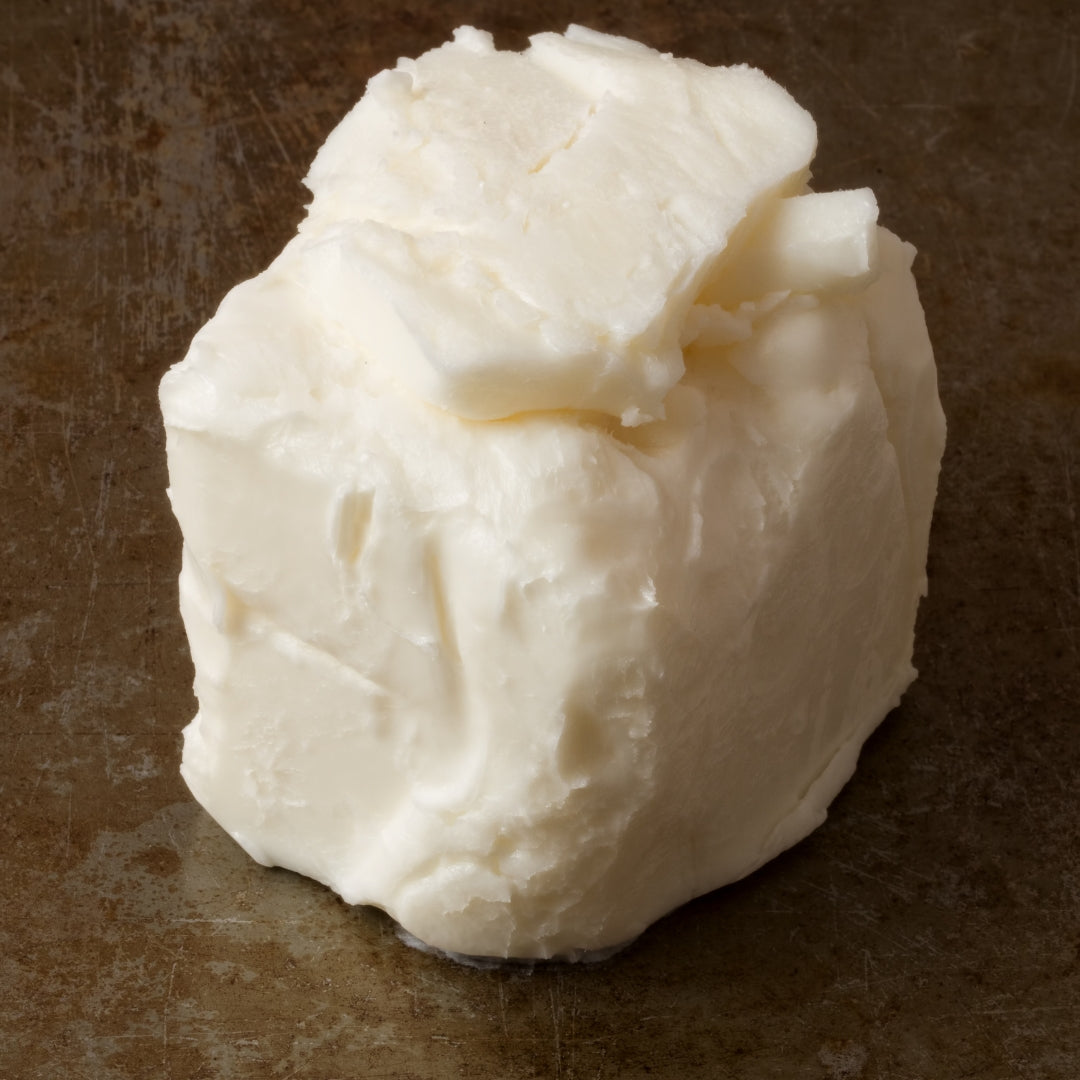
Coconut Apricot Luxury Wax | Ceda-Serica (Calwax)
Our Coconut Apricot Creme wax, also called Ceda-Serica by Calwax, is an intricate mix of coconut and apricot waxes crafted to deliver a vibrant white look. It offers exceptional scent throw (both hot and cold), burns evenly while consuming wax consistently, and adheres superbly to containers for candle-making. Available in slab form, this wax is engineered as a single-pour option, yielding remarkably smooth tops.
Proudly made in the USA, our Coco Apricot wax is free of gluten, toxins, parabens, and phthalates. The blend is composed entirely of FDA-approved waxes and can comfortably support a fragrance load of 8–10%.
Maker's Notes:
•Our #1 Bestselling Candle Wax!
•Made from a proprietary blend of coconut and apricot waxes, along with a minuscule amount of FDA food-grade paraffin for body and stability.
•Gluten free, toxin-free, parabens-free, and phthalates-free
•Vegan and cruelty-free
•Easy to use, single pour wax, SMOOTH TOPS - no heat gun required.
•Bright white color
•Even, slow burn with excellent glass adhesion
•Amazing hot & cold throw
•Handles 8-10% fragrance load, although we've found 8-9% to be the best.
•No sinkholes.
•Does NOT contain soy.
•Per Calwax, weights will vary per slab, and there can be up to a +/- 3% variance.
| Melting Point: | 120° - 130°F |
|
Average Pouring Temperature: |
180-190°F; If ambient temperatures are cooler, consider pouring at a lower temperature to prevent potential sinkholes and wet spots. |
| Curing: | We recommend a 1-2 week cure time for proper wicking and to maximize hot and cold throw. |
| Recommended Wicks: | We recommend CDN, Premier, LX, Zinc, HPSP, and Aroma Lite wicks. |
Please note: When shipping during warmer temperatures, the wax may soften or melt slightly. This will not affect the wax quality.
•Prepare vessels first, or prepare while wax is heating up. ie wick vessels and secure with wick centering bars before pouring in hot wax.
•Cut wax into smaller chunks. Ceda-Serica is a soft enough wax where you can use a butter knife to score it and break it into smaller pieces.
•Heat to 200-210°F degrees, remove from the heat source, add fragrance oil and stir for 15-30 seconds. If you're adding dye, add dye and stir for an additional 15-30 seconds until fully blended.
•For consistently smooth results, we recommend pouring hot at around 180-190°F.
•For thick glass and or cooler room temperatures below 65-70°F, pre-heating the glass is recommended. For example, you can either place jars in the oven on the lowest setting, or use a heat gun to preheat jars.
•The maximum fragrance load is 10%, but higher fragrance loads should be tested per fragrance. Personally, I use between 8-9% fragrance load.
•I recommend allowing a 1-2 week cure time (ideally 2 weeks) for proper wicking and to maximize the cold and hot throw.
General Wick Guide
WICKING TIP: Coconut blended waxes are different than regular soy wax. There won't be a full melt pool until you get about half way down the jar. 100% soy has a "memory" and will tunnel, however, coconut blended waxes don't as much. Initially, there will be some "hang up" on the sides of the jar but as the wick burns, the sides of the jar heat up, and melt the rest of the wax. The important thing to keep an eye on when wick testing is to make sure the jar doesn't get too hot to the touch, there's no soot starting to form along the rim of the vessel, and ideally, the temperature of the melt pool should be between 140 - 160 F.
P.S. We sell Cotton Wick Sample Packs and Wood Wick Sample Packs that are very helpful when testing different size vessels.
| Vessel Size (Inner Diameter) | Coco Apricot Ceda Serica Wax |
| 2.0" - 2.50" |
CD 2, 3, 4 CDN 2, 3, 4 ECO 1, 2 HPSP 27, 30, 33, 36 HTP 31, 41 LX 8, 10, 12 Premier 720, 725, 730 Zinc 34-30, 36-24-24 Wood: Crackle Single .02/.5" | Crackle Booster .02/.375" |
| 2.50" - 2.75" |
CD 4, 5 CDN 4, 5 ECO 1, 2, 4 HPSP 36, 39, 42 HTP 41, 52, 62, 72, 73 LX 14, 16, 18 Premier 725, 730, 735, 740, 745 Zinc 36-24-24, 44-20-18, 44-24-18, 44-28-18 Wood: Crackle Booster .02/.375" or .02/.5" |
| 2.75" - 3" |
CD 6, 7 CDN 6, 7 ECO 2, 4 HPSP 45, 48, 51, 54, 57 HTP 52, 62, 72, 73 LX 14, 16, 18, 20 Premier 735, 740, 745, 750, 755 Zinc 44-24-18, 44-28-18, 44-32-18, 51-32-18 Wood: Crackle Single .02/.625" | Crackle Booster .02/.375" or .02/.5" |
| 3" - 3.50" |
CD 8, 10, 12 DOUBLE 2, 3 |
| 3.50" - 4.50" |
CD 12, 14, 16 DOUBLE 3, 4, 5 CDN 12, 14, 16 DOUBLE 3, 4 TRIPLE 3, 4 (4" Vessel) ECO 10, 12, 14 DOUBLE 1, 2 HPSP 48, 51, 54, 57, 60, 63, 66 DOUBLE 18, 21, 24, 27, 30, 33, 36, 39 HTP 104, 105, 126 DOUBLE 52, 62, 72, 73 LX 18, 20, 22, 24, 26 DOUBLE 10, 12, 14, 16 Premier 770, 775, 777, 780, 785, 790, 793, 795, 798, 799 DOUBLE 720, 725, 730, 735 Zinc 60-44-18, 62-52-18 DOUBLE 36-24-24, 44-20-18, 44-24-18, 44-28-18, 44-32-18 Wood: Crackle Single .02/.75" | Crackle Booster .02/.625" or .02/.75" |
How do you calculate the amount of fragrance oil to use?
First, you need to know what percentage of fragrance oil you want to use. The average usage is 6%.
Here is a basic formula:
(oz of wax using) x (% of fragrance oil you want to use) = (oz of fragrance oil needed)
For example, let's say you are using two pounds of wax and want to use 6% fragrance oil.
First, you'll need to calculate the number of ounces of wax you have:
2 x 16 (number of oz in 1 pound) = 32oz
Plug these numbers into your formula:
32 x 6% = 1.92oz
You can round up to 2oz for easy measuring on your scale.
Below, I created an easy fragrance load calculator where it will calculate the amount of fragrance oil needed in both ounces and grams.
Choose options


WICK TESTING BLOG + Videos
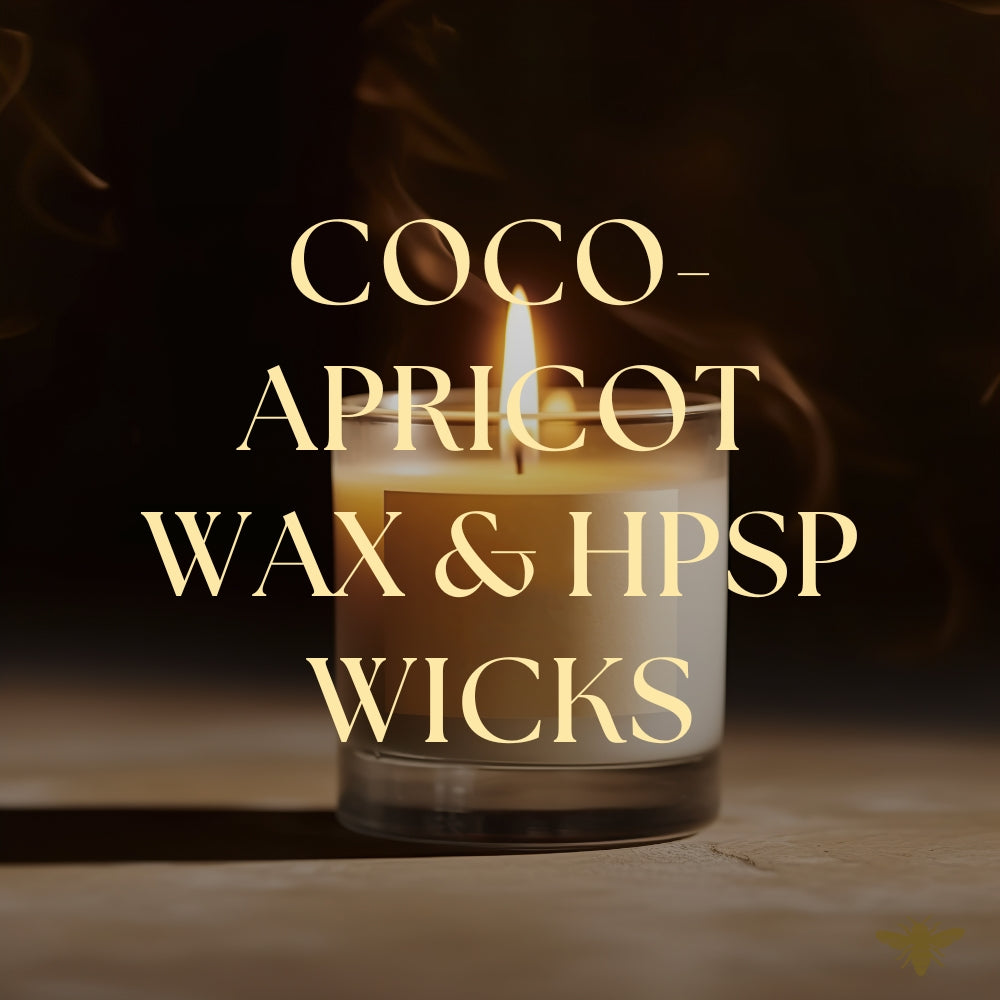
I'm currently testing Coco Apricot / Ceda Serica candle wax with HPSP candle wicks. I'm hoping that this will be helpful to some when narrowing down which wicks to use. Feel free to adjust based ...
Read more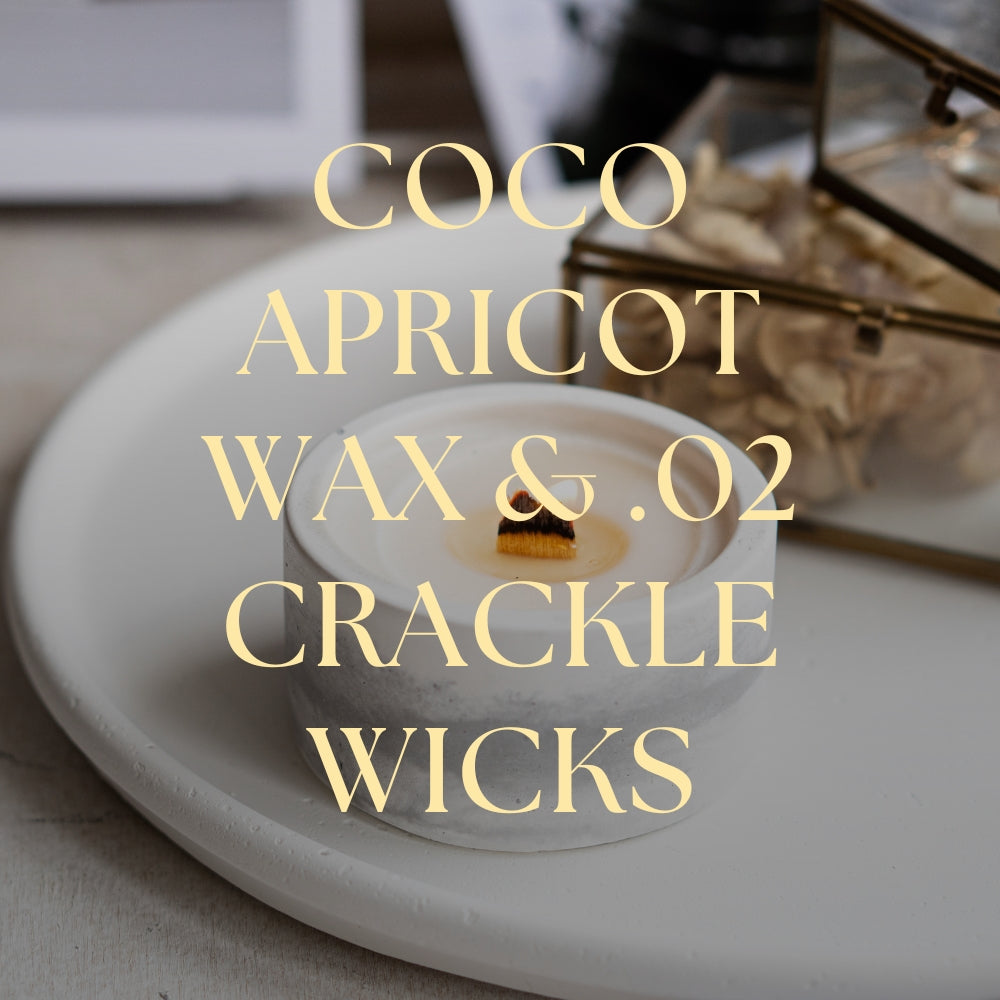
Ceda-Serica Wax & Crackle Wood Wicks
I'm currently testing Coco Apricot / Ceda Serica candle wax with Crackle Wood Wicks (Single). I'm hoping that this will be helpful to some when narrowing down which wicks to use. Feel free to adju...
Read more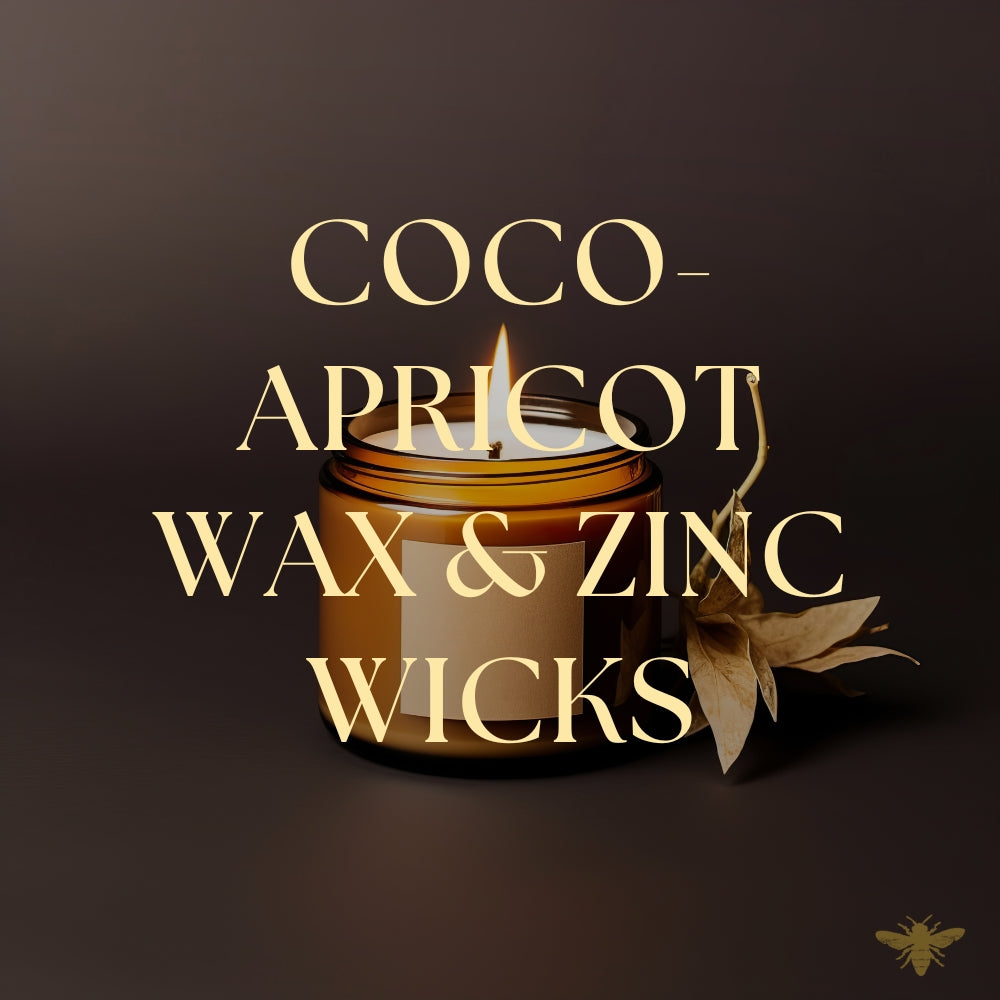
I'm currently testing Coco Apricot / Ceda Serica candle wax with Zinc candle wicks. I'm hoping that this will be helpful to some when narrowing down which wicks to use. Feel free to adjust based o...
Read more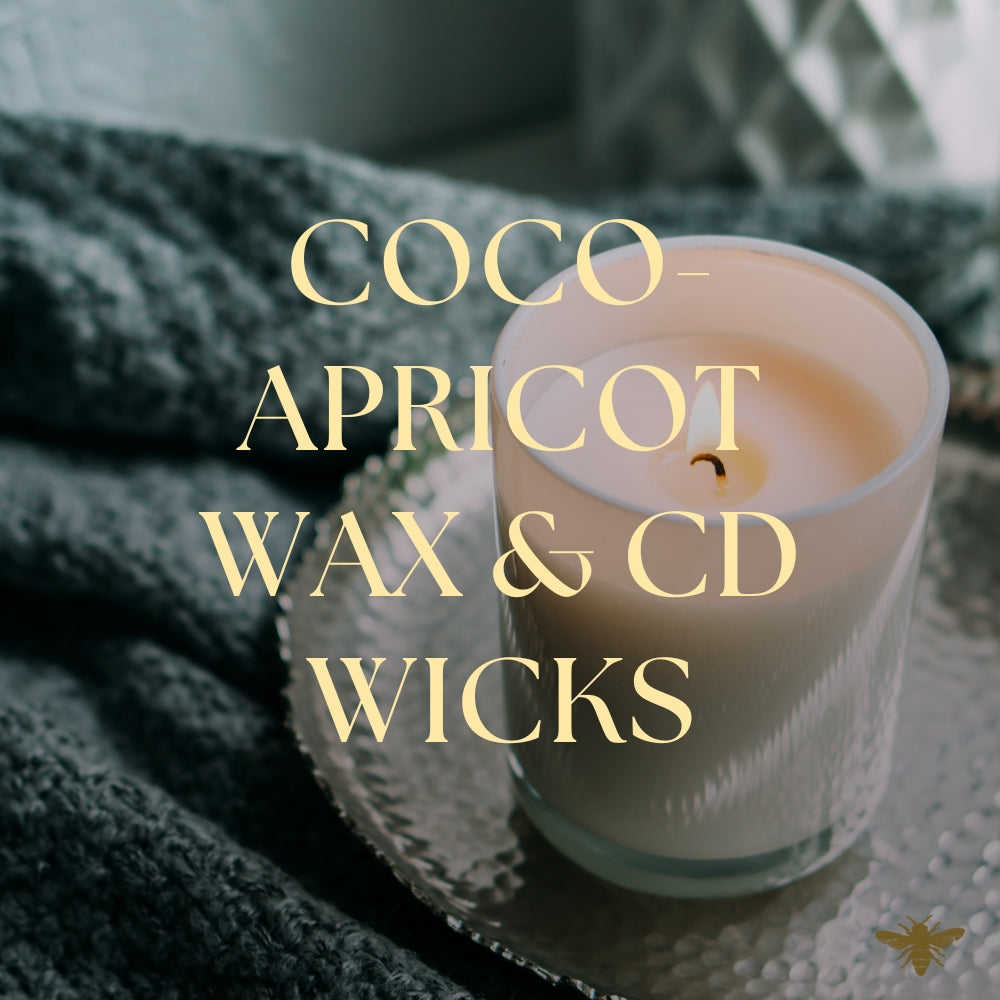
I'm currently testing Coco Apricot / Ceda Serica candle wax with CD candle wicks. I'm hoping that this will be helpful to some when narrowing down which wicks to use. Feel free to adjust based on ...
Read more